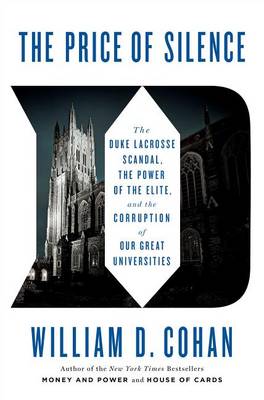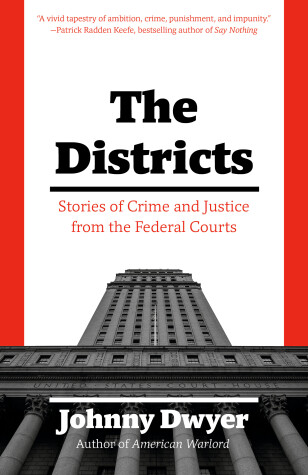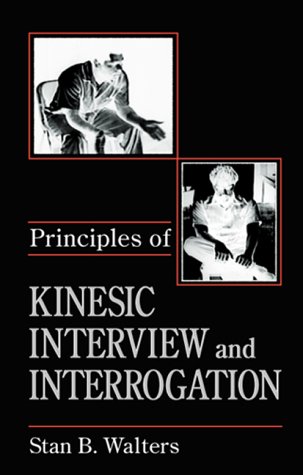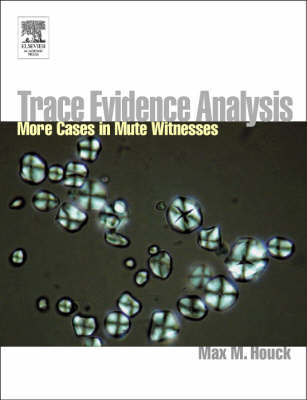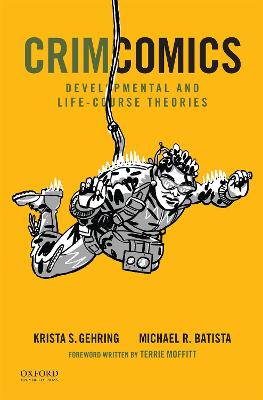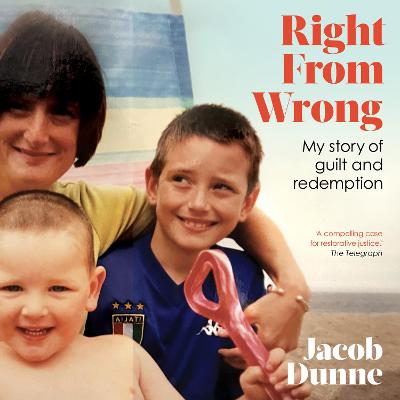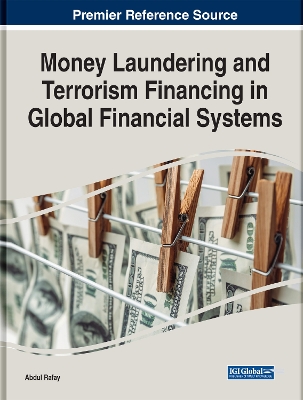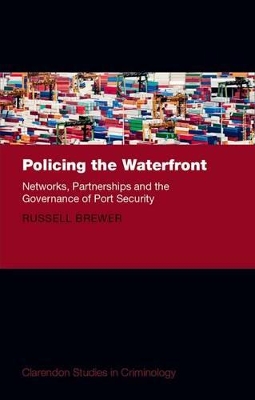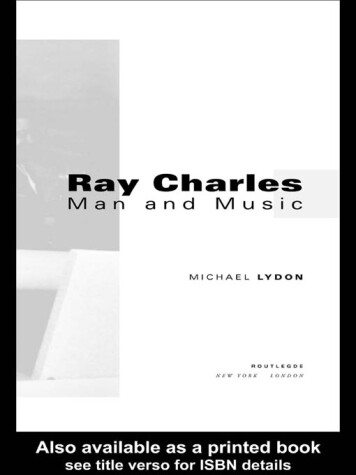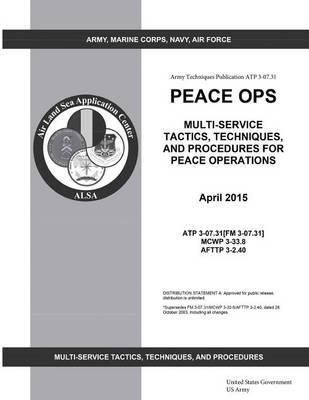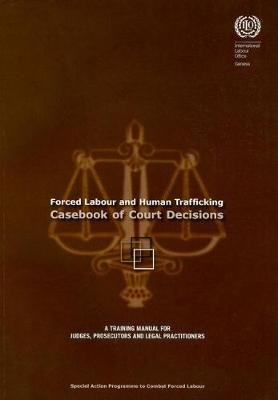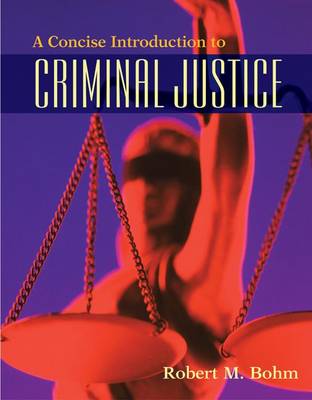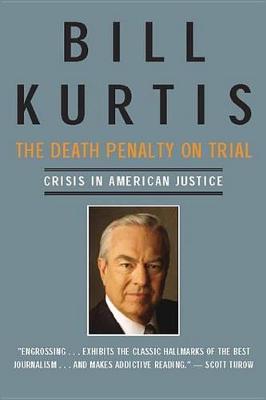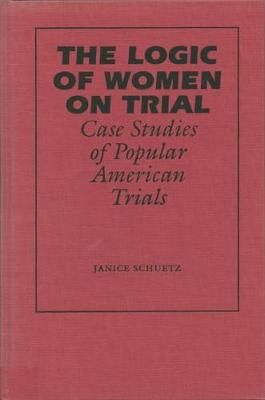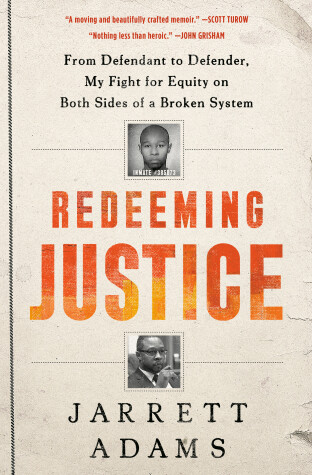Welcome to the second student publication from the newly renamed Faculty of the Creative Industries, which I very much hope you enjoy reading. Our students always do us proud, and you will see in this volume articles, essays and visuals from a very wide range of disciplines across the Faculty, including an intriguing piece on the persistence of colonial narratives in Curacao, some excellent work on Crowds and Disorder control, a sensitive approach to the issues facing kinship carers and their re...
Die Entwicklung Des Strafrechtlichen Unrechtsbegriffs in Japan (Schriften Zum Strafrecht Und Strafprozessrecht, #76)
by Mitsuru Iijima
Die japanische Strafrechtswissenschaft entwickelte sich auch unter dem Einfluss der deutschen Strafrechtswissenschaft. Jedoch ist bei dogmatischen Fragen durchaus auch eine eigene theoretische Ausgestaltung erkennbar. Insbesondere der Unrechtsbegriff der japanischen Strafrechtsdogmatik stellt hier ein aufschlussreiches Beispiel dar. Der Autor fuhrt durch eine historische Analyse der Entwicklung dieses Begriffs Ursachen der anders als in Deutschland konzipierten Rechtswidrigkeitstheorie auf sozio...
Anhand verschiedener Rechtsinstitute des Strafprozessrechts und verwandter Nebengebiete wird in dieser Arbeit nach einer allgemein gultigen Ableitungsbasis fur die Pflicht zur Erteilung einer erweiterten Beschuldigtenbelehrung gesucht. Die Pflicht zur Erteilung einer solchen Belehrung ergibt sich nach einem Verstoss gegen die Vorschrift des 136 Abs. l StPO, des 136 a StPO, gegen die Belehrungsvorschrift des 52 Abs. 3 S. l StPO. Gefordert werden uberdies Hinweispflichten auf die Freiheit des R...
An authoritative account of the Duke lacrosse team rape case illuminates the ever-widening gap between America's rich and poor, and demonstrates how far the powerful will go to protect themselves.
Johnny Dwyer examines the New York crimes we’ve seen in the news, in movies, and on television—drug trafficking, organized crime, terrorism, corruption, and white-collar crime—while weaving in the nuances that rarely make it into headlines. “Told in the kind of pointillist detail that can only come from years of hanging around the courthouse and doing old-school shoe-leather reporting.” —Patrick Radden Keefe, author of Say Nothing The Rosenbergs, Rudy Giuliani, Bernie Madoff, James Comey, J...
Principles of Kinesic Interview and Interrogation (Practical Aspects of Criminal and Forensic Investigations)
by Stan B. Walters
In 1975, research studies performed by the Rand Corporation found that the single most important factor directly affecting the outcome of any investigation is the quality of information obtained from the witness or victim of the event. It follows that proper interviewing and interrogation techniques can significantly affect the success of an investigation. Principles of Kinesic Interview and Interrogation explores the complex challenges of basic and advanced interview and interrogation technique...
Mute Witnesses
Trace evidence is small, even microscopic remnants of materials found at a crime scene or on a victim. The term mute witnesses is commonly used to refer to these small bits of evidence such as paint smears, fibers, hair strands, dirt particles, glass fragments, and other items. Trace evidence can be used to tell the story of how a crime was committed and to identify and convict suspects. Recent improvements in the techniques used to collect and analyze trace evidence have played a key role in so...
Crimcomics Issue 10: Developmental and Life-Course Theories
by Krista Gehring
New Orleans district attorney Jim Garrison's decision to arrest Clay Shaw on March 1, 1967, set off a chain of events that culminated in the only prosecution undertaken in the assassination of John F. Kennedy. In the decades since Garrison captured headlines with this high-profile legal spectacle, historians, conspiracy advocates, and Hollywood directors alike have fixated on how a New Orleans-based assassination conspiracy might have worked. Cruising for Conspirators settles the debate for good...
‘Engaging… Dunne argues cogently, coherently and from experience that to have choices in life you also have to have chances.’ The Observer, Book of the Day ‘A much-needed burst of light in the dark meadow of time.’ Lemn Sissay In 2011 Jacob Dunne threw a single punch that ended another man’s life. Sentenced to prison for manslaughter, he served fourteen months of a custodial sentence. On his release, he found himself homeless, u...
During the last few decades, corrupt financial practices were increasingly being monitored in many countries around the globe. The past few decades have been eventful for these issues. Today, tackling money laundering and terrorism financing are considered key issues in developed and developing countries alike. Eradication of money laundering and terrorism financing through a holistic approach of awareness, prevention, and enforcement is a current need. It has enabled the birth of new regulatory...
Policing the Waterfront (Clarendon Studies in Criminology)
by Russell Brewer
Long recognised as a site where criminal elements have flourished, the waterfront has been exploited for centuries by opportunistic individuals for a whole raft of illicit purposes. Policing the Waterfront: Networks, Partnerships, and the Governance of Port Security is the first book of its kind to fully explore the intricacies of how crime is controlled on the waterfront, and in doing so, seeks to enhance current theoretical understandings of the policing partnerships that exist between state a...
First Published in 2004. Routledge is an imprint of Taylor & Francis, an informa company.
Forced Labour and Human Trafficking
Bill Kurtis, anchor of the wildly popular true-crime TV series Cold Case Files and American Justice, used to support the death penalty. But after observing the machinations of the justice system for thirty years, he came to a stunning realization that changed his life: Capital punishment is wrong. There can be no real justice in America until it is abolished. In The Death Penalty on Trial, Kurtis takes readers on his most remarkable investigative journey yet. Together, we revisit murder scenes,...
The Logic of Women on Trial
Janice Schuetz investigates the felony trials of nine American women from colonial Salem to the present: Rebecca Nurse, tried for witchcraft in 1692; Mary E. Surratt, tried in 1865 for assisting John Wilkes Booth in the assassination of Abraham Lincoln; Lizzie Andrew Borden, tried in 1892 for the ax murder of her father and stepmother; Margaret Sanger, tried in 1915, 1917, and 1929 for her actions in support of birth control; Ethel Rosenberg, tried in 1951 for aiding the disclosure of secrets of...
“A moving and beautifully crafted memoir.”—SCOTT TUROW “A daring act of justified defiance.”—SHAKA SENGHOR “Nothing less than heroic.”—JOHN GRISHAM He was seventeen when an all-white jury sentenced him to prison for a crime he didn’t commit. Now a pioneering lawyer, he recalls the journey that led to his exoneration—and inspired him to devote his life to fighting the many injustices in our legal system. Seventeen years old and facing nearly thirty years behind bars, Jarrett Adams sought...



